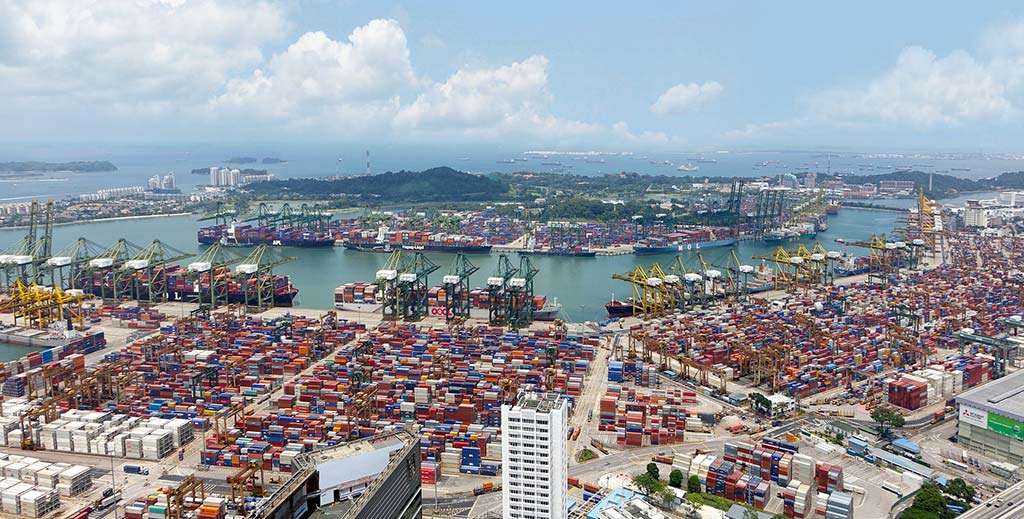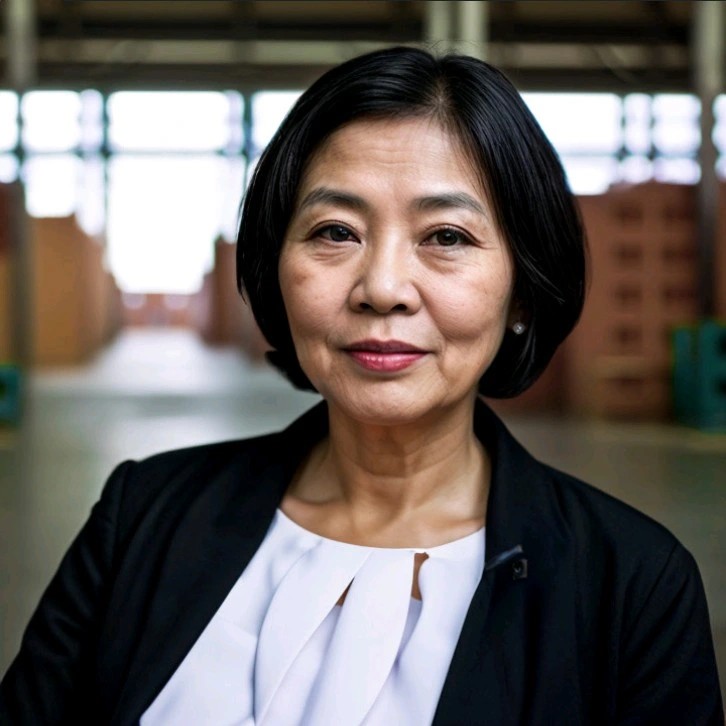
According to the latest update of the Logistics Performance Index, ASEAN logistics performance has been stepping up despite a slowdown in global progress. Countries like Indonesia, Malaysia, Thailand, and Singapore outperformed the East Asia and Pacific regional average. Philippines, Indonesia, and Vietnam ranked among the top 10 in lower middle-income countries.
Southeast Asia is cooperating between the state and private sectors to improve its logistics infrastructure and services to attract even more multi-national interest.
ASEAN needs an annual infrastructure investment of $60 billion to 2020 for progress to continue, reported by Asian Development Bank *(ADB). While according to research by Goldman Sachs, Indonesia, Malaysia, Thailand, and the Philippines alone will require more than $550 billion in infrastructure investment.
Despite the boom on Asean logistics, there’s still a gap between developed and less developed countries. High income countries has an average score of 45% higher on the LPI. What’s worse is that in 2016 the distance between rankings has widened despite past surveys indicating that the gap was closing.
But income alone does not dictate performance, Cambodia and Myanmar’s performance has improved through reformation and implementation of good practices and policies which resulted in better cross-border trade.
In the logistics and supply chain sector, transport is the center of performance. It’s a challenge for ASEAN as majority of countries has limited ports that causes congestion and poor rural roads that causes longer transport time. Costing more with getting products to consumers.
With the ongoing change in the logistics sector, ASEAN governments started to focus on policy development and have ramped up invest in revamping long-neglected infrastructure. But by itself, this is not enough to boost growth. there is an urgent need to reform the management of human resources and the adoption of new technologies to support more efficient and effective supply chain management.
When President Trump pulled out the USA out of the Transpacific Trade Partnership Proposal (TTP), Existing ASEAN relationships were supported by the majority of trade analysts.
Without TTP, Bilateral cooperation is needed now in the Asia-Pacific. It’s also likely that China will step in to accelerate its own transport development across Asia. Making ASEAN much more critical to national interest.
SEE ALSO:
- The Logistics of COVID-19 Vaccination
- Delivery Companies with the Best Insurance Coverage
- The Role of Logistics in Agri-Food Supply Chain
(Photo from: canva.com)
